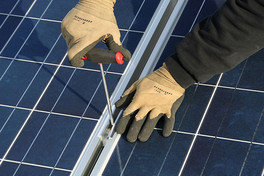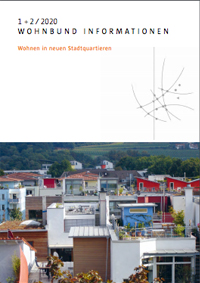Climate protection targets can only be achieved by investing in green technologies of the future and sustainable investment strategies / Energy Agency to support municipalities with divestment strategies in future.

Höfken discussed new sustainable financing approaches together with Saori Dubourg, member of the Board of Executive Directors of BASF SE and member of the Council for Sustainable Development, Oberkirchenrat Heinz Thomas Striegler, Head of Church Administration of the Protestant Church in Hesse and Nassau and Chairman of the Working Group of Church Investors of the Protestant Church in Germany, as well as Christoph Bals, Political Director at Germanwatch e.V. and member of the Sustainable Finance Advisory Council of the German Federal Government.
According to the Potsdam Institute for Climate Impact Research, the financial sector in particular has one of the greatest levers of influence in the short term to encourage other sectors of the economy to do more to protect the climate. The central tool here is divestment, a withdrawal of capital from markets and products that violate sustainability criteria, such as fossil-intensive industries, Höfken continued. "Rhineland-Palatinate is one of seven German states that has already passed a divestment resolution: The special assets of the state and the funds of state foundations are invested according to sustainable criteria," the minister explained. The Energy Agency Rhineland-Palatinate will support municipalities in the state in establishing divestment approaches in the future, Höfken announced. Here, the discussion is still in its infancy and further development in terms of content is necessary.
Whether municipalities, churches or companies: All players are called upon to examine their investment strategies and invest in a sustainable future. The City of Bonn is one of the pioneer cities with its path to sustainable financial investment. Carsten Buschmann, Head of Department at the City of Bonn, said: "The City of Bonn is pursuing a holistic approach that will be further expanded. Our experience in Bonn has shown that sustainable investing and returns are not mutually exclusive."
Climate Protection Weeks Rhineland-Palatinate:
During the Climate Protection Weeks Rhineland-Palatinate from 12 November to 11 December 2020, experts will discuss concrete instruments and measures against the climate crisis. From climate-efficient construction to climate funds and sustainable management, the events will highlight numerous approaches to achieving climate protection goals. In addition to top-class experts such as Prof. Hans Joachim Schellnhuber, Prof. Claudia Kemfert or Christoph Bals, renowned companies and organisations such as BASF, Boehringer Ingelheim and the European Investment Bank, numerous national and international politicians from Germany, Luxembourg, Rwanda, Canada and the EU will be represented.
Detailed information on the climate protection weeks can be found at
here
Source: PM of the MUEEF RLP from 16.11.2020
Keywords: Renewable, Climate protection, Sustainable management, News Blog RLP, Environmental policy



